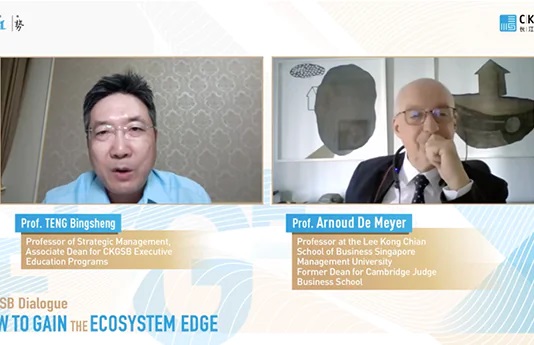When online retailer Jingdong Mall, also known as 360buy.com, announced its plans to raise up to $5 billion for a 2012 IPO, everyone began to speculate: Is it due to high profits, or no profits? Should they be going public so early? A few key issues shed some light.
First of all, it is without question that e-commerce in China is skyrocketing. According to iResearch, the volume of online retail transactions in China reached RMB 189 billion in the second quarter, a 77% year-on-year increase. Even so, the total volume of online shopping only constitutes 3.5% of the country’s total retail sales volume, much less than in developed countries.
So what is Jingdong’s position in this flourishing field? Roughly speaking, Jingdong’s competitors can be divided into three categories: Taobao, integrated B2C websites (such as Dangdang, Amazon China, and Mecox Lane), and home electronics chains (such as Gome and Suning). Of these, Taobao is in the lead, with 49% of China’s online retail volume, far ahead of Jingdong’s 18%.
But remember: Taobao was originally a C2C business, and it relies on each store to take the initiative. Although its platform is superior, it does not completely control operations. Thus, Taobao is encountering bottlenecks in terms of reputation, economies of scale, and distribution. Its market share can be expected to fall.
After Dangdang and Mecox Lane went public in the United States last year, their performance fell off, and they have also fallen victim to Wall Street’s current aversion to China concept stocks. Moreover, the capital they raised, $272 million and $113 million respectively, is relatively limited, and may not be enough for the next stage of development. Compared to Taobao, these companies are less of a threat to Jingdong.
Relatively speaking, the competition between Jingdong and home electronics chains is the most direct and fierce. Price is undoubtedly the e-commerce outlets’ greatest advantage because they save the costs of opening brick-and-mortar stores.
According to Suning Deputy Chairman Sun Weimin, Suning’s economies of scale provide purchasing cost advantages that make up for the additional costs of opening stores; Dangdang’s Li Guoqing also thinks that Jingdong’s purchasing costs are 8% higher than what Gome and Suning pay. Over the past two years, this has been a nearly incontestable fact. Home electronics manufacturers have the lowest supply price guarantees with chain stores, and they fear that Jingdong’s ferocious price subsidy tactics will upset their pricing systems. Manufacturers have a love-hate relationship with Jingdong. At first they were reluctant to supply directly from factories, but their hands were forced by Jingdong’s persistent buyers, who search everywhere in order to pay the lowest possible price.
But does Jingdong truly have a cost advantage? According to my own informal comparison of prices between Jingdong, Suning and Gome, Jingdong has no clear price advantage, even though it is selling at a loss to gain market share.
For one, there are bottlenecks in Jingdong’s profit model and logistics. Everyone knows that for Gome and Suning, opening a store just means establishing a platform. A large portion of operational costs are passed on to manufacturers through fees, and indeed, access to these manufacturers’ billions of yuan in capital is the crux of these retailers’ profit model. If Jingdong can’t obtain more upstream resources, then its so-called cost advantage is nothing more than a mirage.
Another reason that Jingdong is struggling to be profitable is because the gross profit of electronic products is in fact relatively low. If Gome and Suning
can achieve 15% or more, Jingdong cannot even do 10%. So two years ago, facing opposition on costs from his initial investors, Liu Qiangdong insisted on expanding into general merchandise, with its higher gross profits, in order to become profitable as soon as possible. Today, it seems that his wager is paying off.
Finally, everyone is looking carefully at logistics, which is a crucial issue for all large-scale B2C enterprises. China’s e-commerce companies, including Jingdong, have to use their initial funding to win customers, leaving them with relatively weak logistics. This is why some consumers have vociferously complained about Jingdong’s service and distribution. So investing the $1.5 billion raised from the third round of investors entirely in its own warehouse and circulation network may be the key to success for Jingdong. The price is high, but it must be endured.
The question is, is the money there? This talk of going public has many people wondering if that $1.5 billion has actually reached Jingdong’s accounts, and if it has, whether it is enough to support operations until its IPO. My take is relatively optimistic. An IPO is already a foregone conclusion, and starting early is not a bad thing–the difference is only six to 12 months. In the meantime, the most important thing for Jingdong is to use the capital it already possesses to make real improvements in its user experience. Otherwise, the company will have the money, but no customers.




















